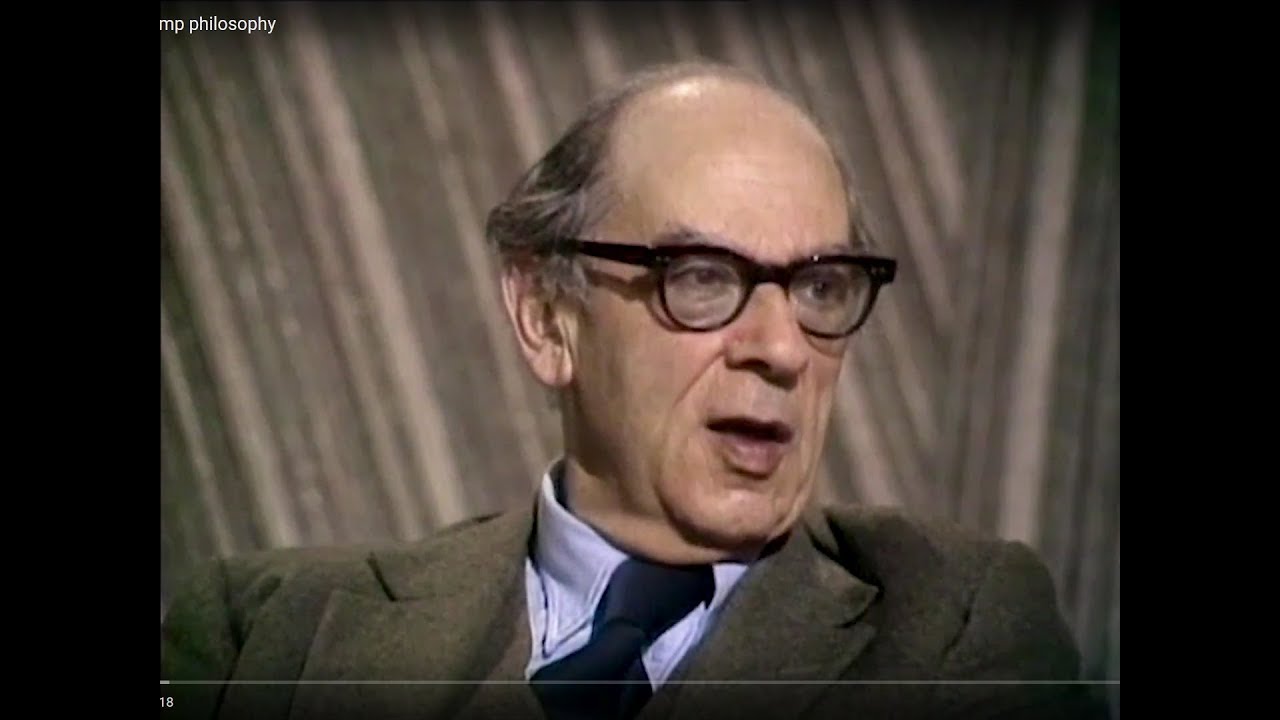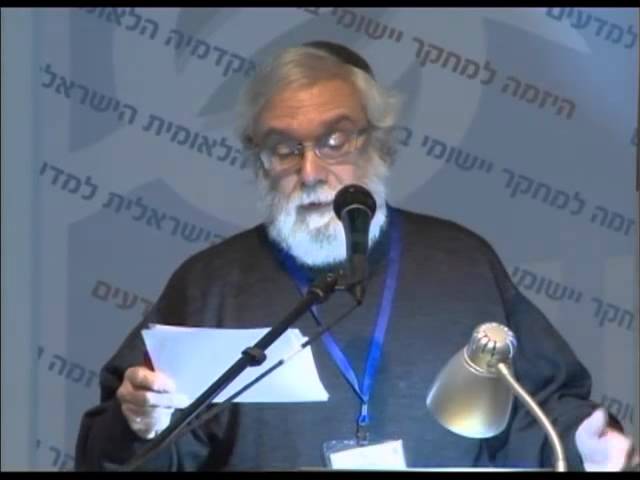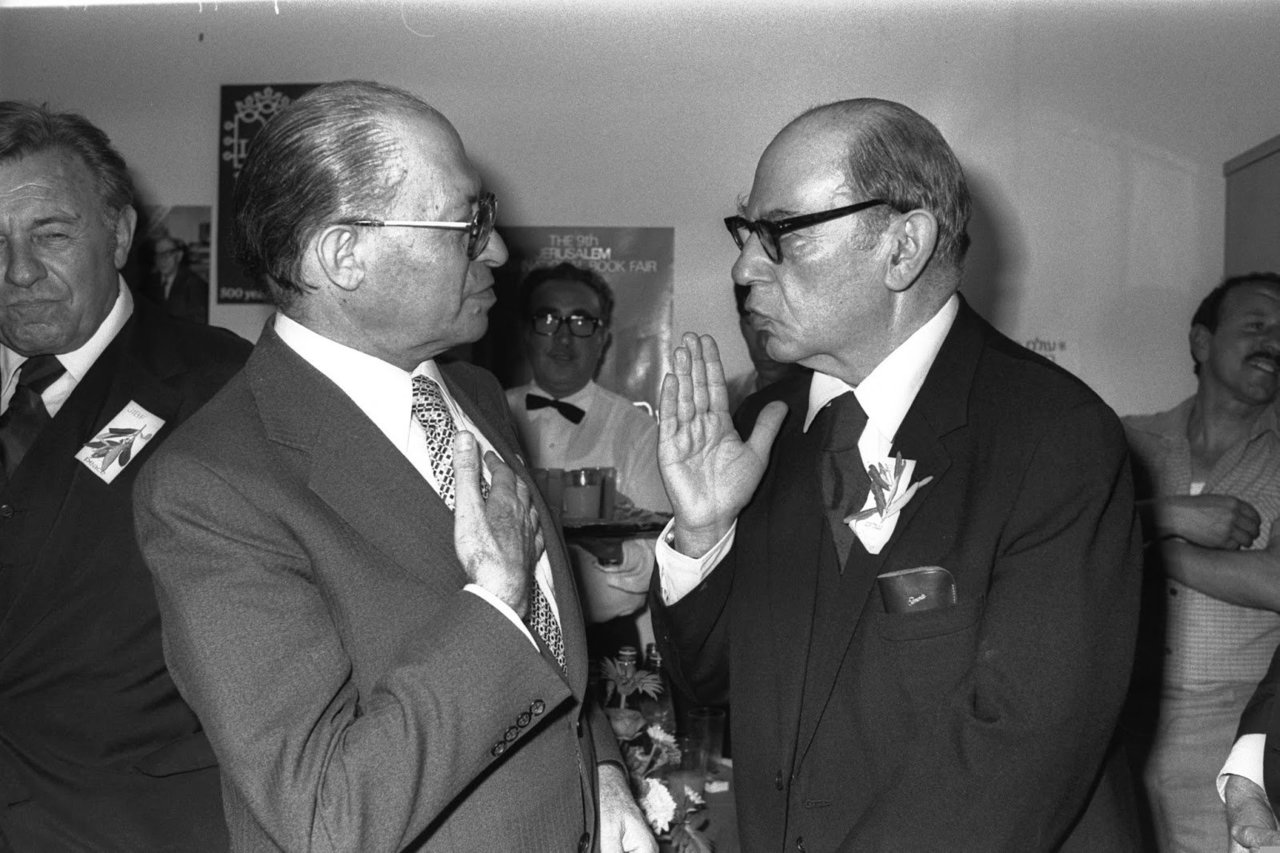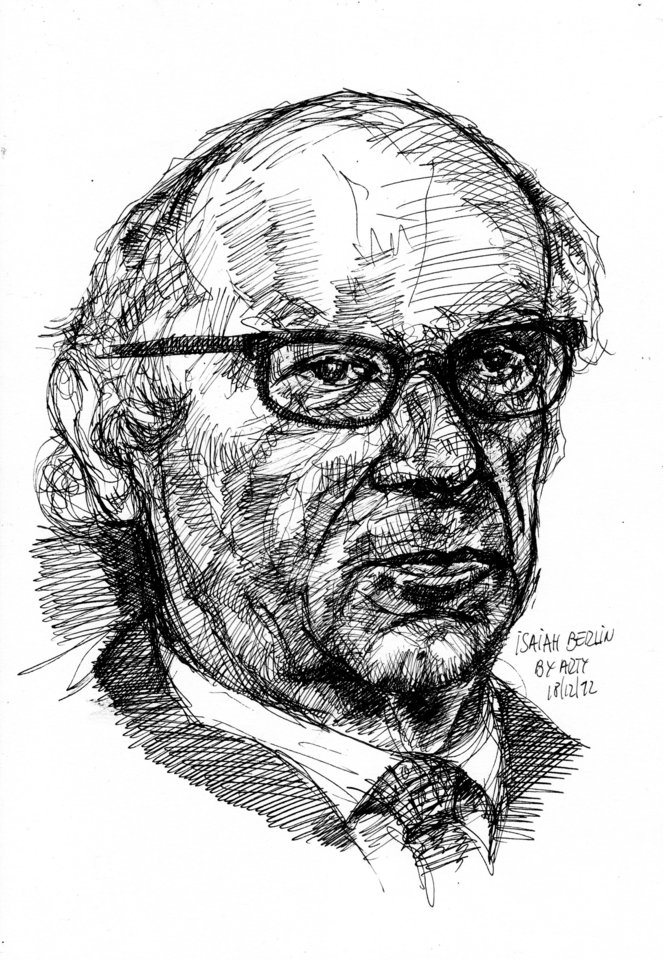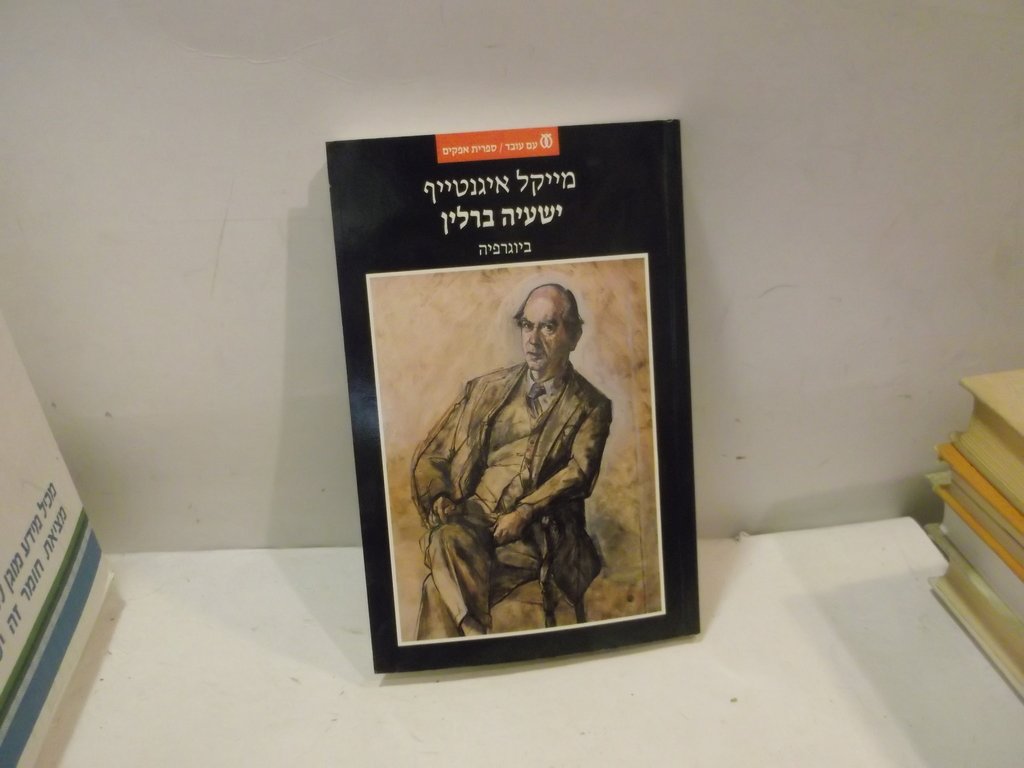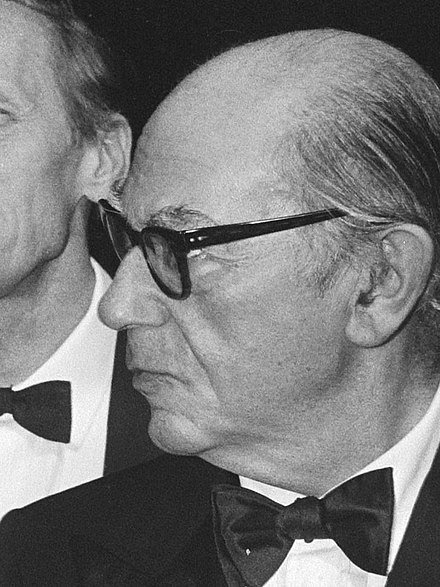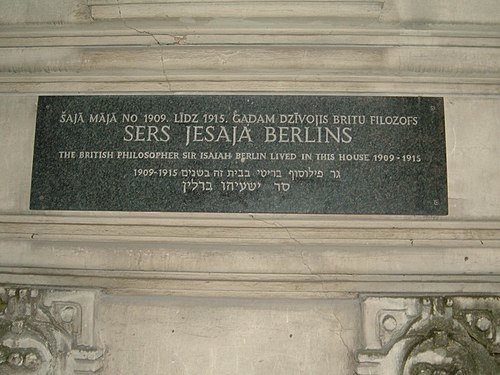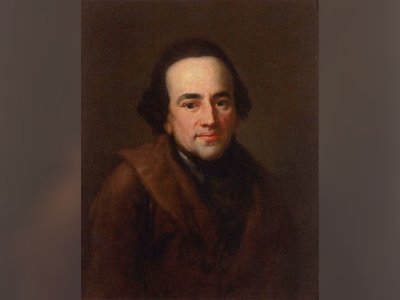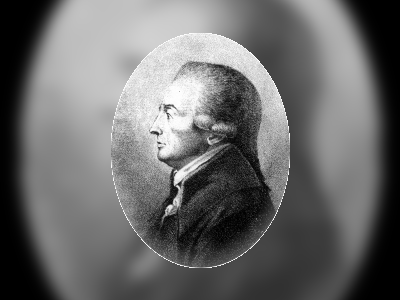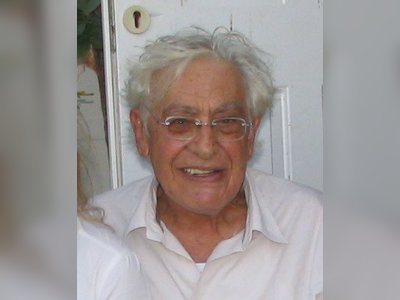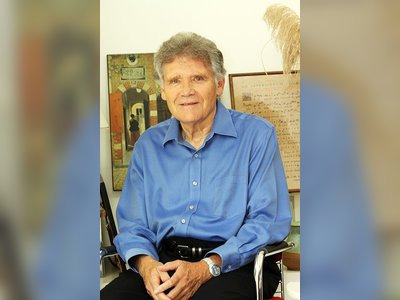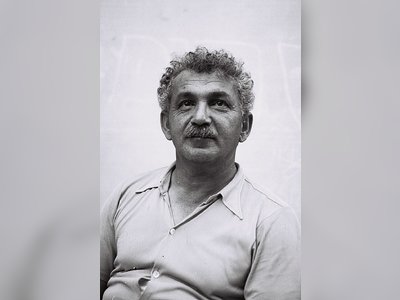מורשת גדולי האומה
בזכותם קיים
beta
Isaiah Berlin: A Philosopher of Freedom and Pluralism
In the realm of Jewish intellectual history, one name stands out: Isaiah Berlin. This documentary explores the biography, heritage, legacy, and enduring contributions of Isaiah Berlin to the Jewish community and the world.
Isaiah Berlin was born in Riga, Latvia, in 1909, into a Jewish family. His early years were marked by a diverse cultural upbringing that instilled in him a passion for learning and a deep appreciation for Jewish heritage.
Berlin's formative years were shaped by the rich tapestry of Riga's Jewish community. He was exposed to a wide range of influences, from Jewish religious traditions to European literature and philosophy.
Isaiah Berlin's legacy as a philosopher is built on his concept of "value pluralism." He argued that conflicting values are inherent in human life and should be embraced, not reduced to a single, monolithic ideology.
Berlin's philosophy emphasized the importance of tolerance, freedom, and respect for diversity. He believed that societies should accommodate multiple viewpoints and avoid the dangers of totalitarianism.
Berlin's ideas had a profound impact on the development of liberal thought. He championed the cause of individual liberty and human rights, principles deeply rooted in his Jewish heritage.
Isaiah Berlin's writings on liberalism provided a moral and philosophical foundation for democratic societies. His works, such as "Two Concepts of Liberty," remain influential in contemporary political discourse.
Isaiah Berlin's legacy extends far beyond academia. His ideas have shaped public policy, influenced human rights movements, and continue to inspire thinkers, leaders, and activists worldwide.
Berlin's commitment to human dignity and freedom serves as a beacon for those striving for social justice and the protection of individual rights. His legacy reminds us of the enduring importance of pluralism.
Isaiah Berlin's biography, heritage, legacy, and contributions represent a profound chapter in Jewish intellectual history. He remains a source of inspiration for those who seek to build a more open, tolerant, and just world.
Berlin's formative years were shaped by the rich tapestry of Riga's Jewish community. He was exposed to a wide range of influences, from Jewish religious traditions to European literature and philosophy.
Isaiah Berlin's legacy as a philosopher is built on his concept of "value pluralism." He argued that conflicting values are inherent in human life and should be embraced, not reduced to a single, monolithic ideology.
Berlin's philosophy emphasized the importance of tolerance, freedom, and respect for diversity. He believed that societies should accommodate multiple viewpoints and avoid the dangers of totalitarianism.
Berlin's ideas had a profound impact on the development of liberal thought. He championed the cause of individual liberty and human rights, principles deeply rooted in his Jewish heritage.
Isaiah Berlin's writings on liberalism provided a moral and philosophical foundation for democratic societies. His works, such as "Two Concepts of Liberty," remain influential in contemporary political discourse.
Isaiah Berlin's legacy extends far beyond academia. His ideas have shaped public policy, influenced human rights movements, and continue to inspire thinkers, leaders, and activists worldwide.
Berlin's commitment to human dignity and freedom serves as a beacon for those striving for social justice and the protection of individual rights. His legacy reminds us of the enduring importance of pluralism.
Isaiah Berlin's biography, heritage, legacy, and contributions represent a profound chapter in Jewish intellectual history. He remains a source of inspiration for those who seek to build a more open, tolerant, and just world.
- ישעיה ברליןhe.wikipedia.org
